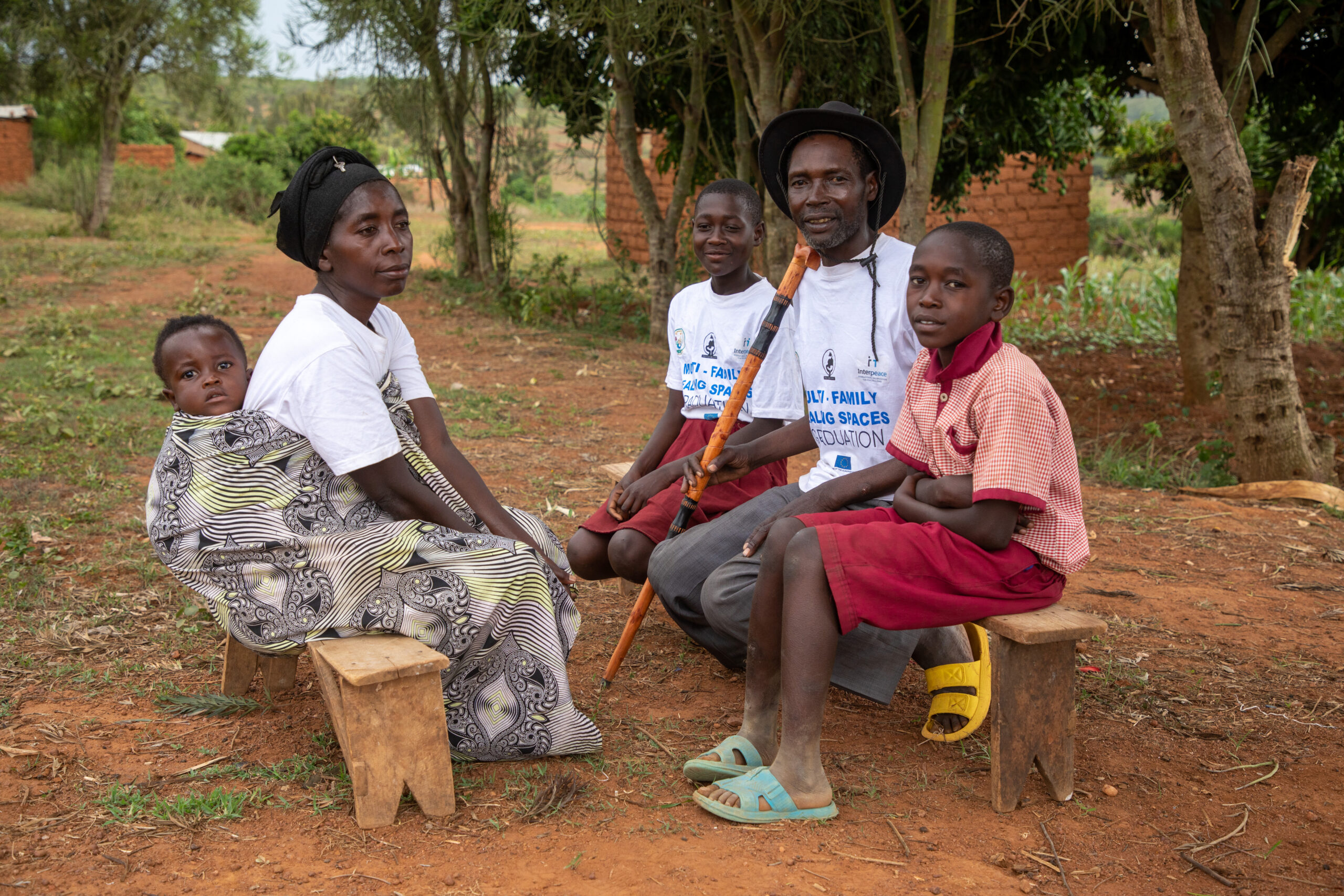Exploring intergenerational legacies, transmission processes and their effects on engagement in risky behaviours among post‑genocide youth in Rwanda
This study explores the interplay between intergenerational legacies and the transmission processes of post-traumatic stress disorder (PTSD), guilt, shame, and aggression among post-genocide youth in Rwanda, as well as the correlation of these intergenerational genocide legacies with their effects on engagement in risky behaviours.
The study was conducted in five districts: Musanze, Ngoma, Nyabihu, Nyagatare, and Nyamagabe, in collaboration with Interpeace, Prison Fellowship Rwanda, Haguruka, Dignity in Detention, and in partnership with the Government of Rwanda through the Ministry of National Unity and Civic Engagement. This was in line with Interpeace’s holistic peacebuilding programme, “Reinforcing Community Capacity for Social Cohesion and Reconciliation through Societal Trauma Healing in Rwanda”,' funded by the Government of Sweden through the Swedish International Development Cooperation Agency.
The key finding is that parental reluctance to fully open up to youth and communicate about the genocide perpetrated against the Tutsi is due to the emotional complexity and protective barriers parents maintain, given their fear of the potential harm such conversations could inflict on their children.
Based on the findings, the study’s authors recommend the adoption of innovative and scalable intervention approaches, combining education, mental health support, and social services to create a supportive environment that can help youth make healthier choices and reduce their engagement in risky activities. Such approaches include, but are not limited to, early education and awareness, encouraging inclusive conversations, supportive resources for parents, community healing initiatives, educational programmes on historical context, mental health support services, parental guidance programmes, community engagement activities, and regular monitoring and evaluation.

